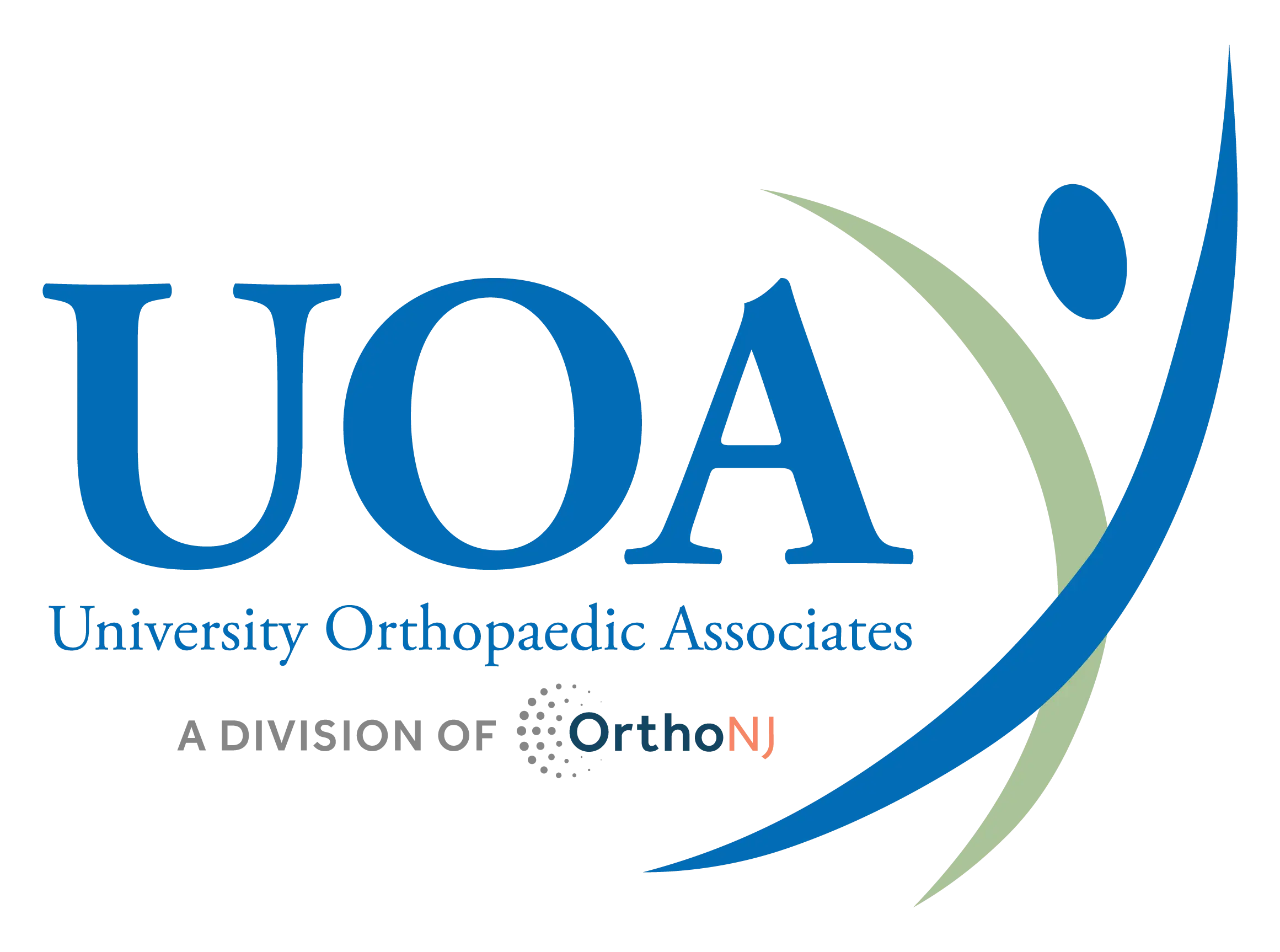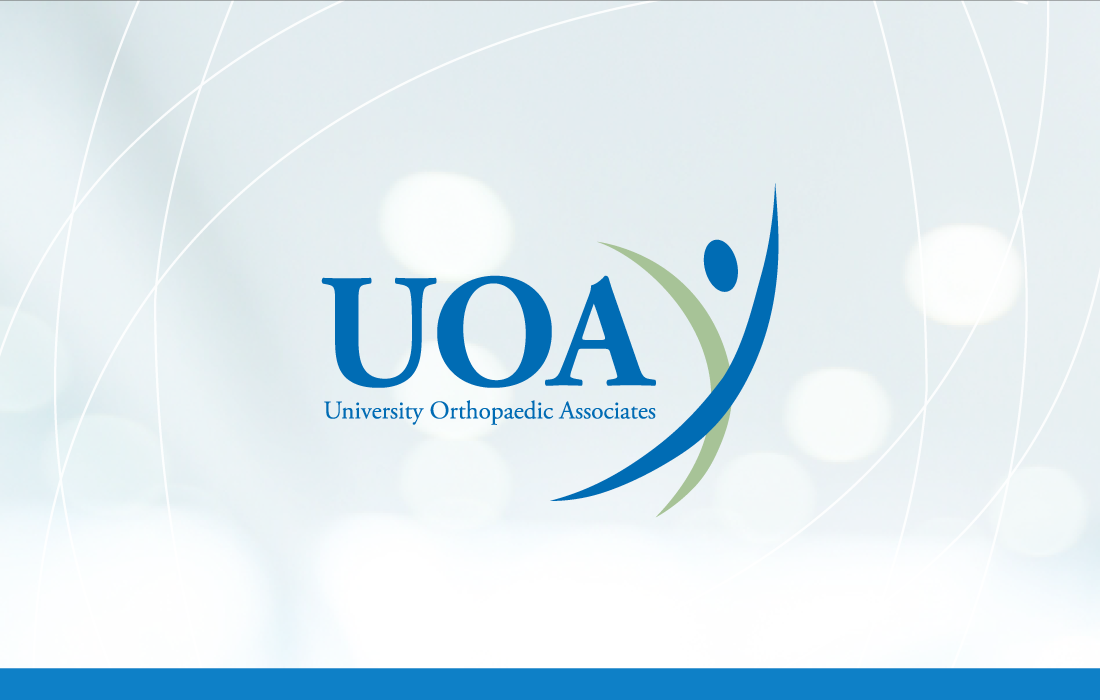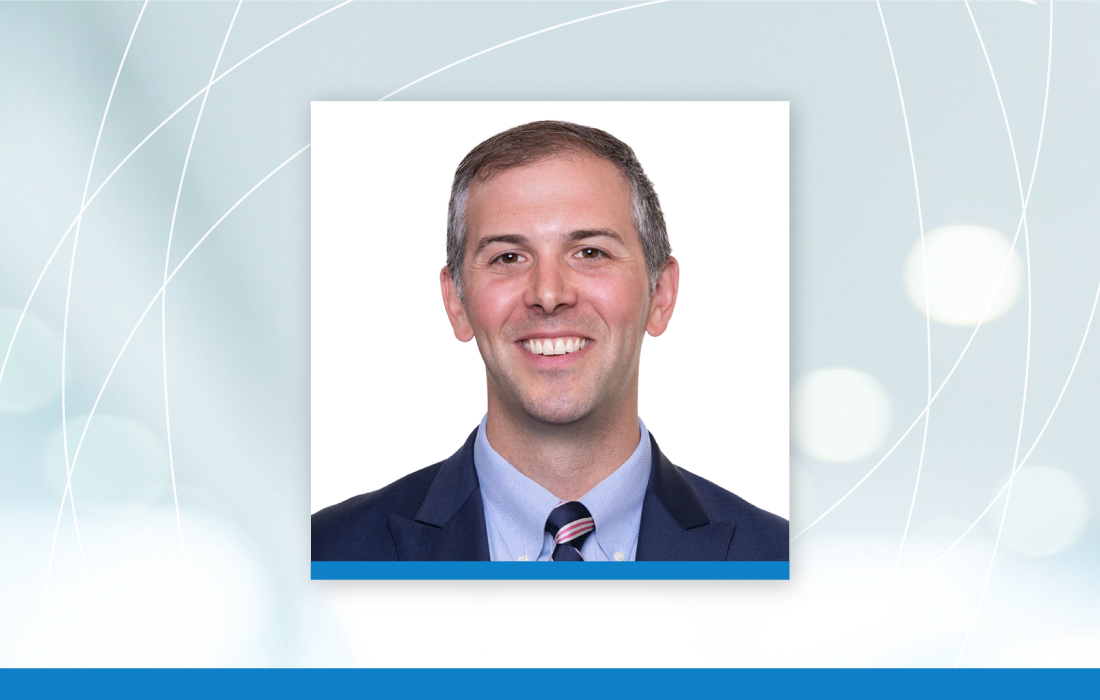What Is an MCL Injury?
The medial collateral ligament is one of the key stabilizers in your knee, running along the inner side from your thighbone to your shinbone. Its job is to prevent valgus stress on the knee, which happens when the leg bends outwards and the knee caves inward. This injury is the most common ligament injury of the knee and often happens when you pivot or change direction. An MCL injury occurs in different levels of severity, ranging from when the ligament is stretched or torn, sometimes in part, sometimes all the way through.
At University Orthopaedic Associates (UOA), our goal is to guide you from that first moment of pain through to full return of movement and confidence on your feet.
How Does an MCL Injury Typically Occur?
A sharp hit to the outside of the knee while your foot is planted is one of the most common causes. That inward force, known as a valgus stress, can strain or tear the ligament. It happens in contact sports like football, soccer and rugby, but also during skiing accidents or awkward landings after a jump.
Studies show the MCL is the most frequently injured knee ligament, making up roughly 40% of all knee ligament injuries in athletes. Sometimes, the damage happens alongside other injuries, such as an ACL tear or meniscus damage, which can lengthen recovery time.
MCL Injury Symptoms
While symptoms can vary, you may notice one or more of these:
- Pain or tenderness on the inside of your knee
- Swelling within hours after injury
- Bruising along the inner knee
- A feeling that your knee might “give way”
- Stiffness or trouble bending and straightening the knee
- A popping sound or sensation when the injury occurred
Even with a complete tear, you may still be able to walk, but the joint may feel unstable or unsafe.
How Is an MCL Injury Diagnosed
We begin with a detailed discussion about how the injury happened, followed by a hands-on exam to check the ligament’s stability. Applying gentle pressure to the outside of your knee while it’s bent can reveal looseness that points to an MCL tear. If we suspect other injuries, we may order imaging:
- X-rays to rule out fractures or detect long-standing changes
- MRI scans to locate the tear and assess severity
- Ultrasound for a quick, real-time look at the ligament’s condition
How MCL Injuries Are Treated
Most cases heal without surgery. Initial steps often focus on pain control and protection:
- RICE protocol: rest, ice, compression, elevation
- Hinged brace to limit side-to-side movement
- Crutches for partial or no weight-bearing
- Physical therapy to restore movement, build strength and protect the knee during sport-specific drills
Surgery becomes an option when the ligament is completely torn at its tibial attachment, when instability remains despite full non-surgical care or when multiple ligaments are injured.
At UOA, our sports medicine surgeons use minimally invasive techniques for repair or reconstruction, supported by a structured rehabilitation plan that starts early to maintain mobility.
MCL Injury Recovery Time
Healing times differ. Your recovery may be faster or slower depending on your age, overall health and how closely you follow your rehabilitation plan. Returning to sport too soon raises the risk of reinjury, so we guide each patient through a safe progression.
- Grade 1: often 1-2 weeks
- Grade 2: about 2-4 weeks
- Grade 3: 4-8 weeks or longer, especially if surgery is involved
When To See an Orthopaedic Sports Medicine Specialist
It’s time to get checked if you:
- Heard a pop when the injury happened
- Have swelling or bruising within hours
- Notice instability or “giving way”
- Can’t walk without significant pain
We provide complete care for every MCL tear, from on-site imaging to guided rehabilitation and surgical expertise when needed. If you suspect an MCL injury, schedule an appointment today with one of our UOA sports medicine specialists. We’ll help you move toward a strong, stable recovery without rushing the process.




